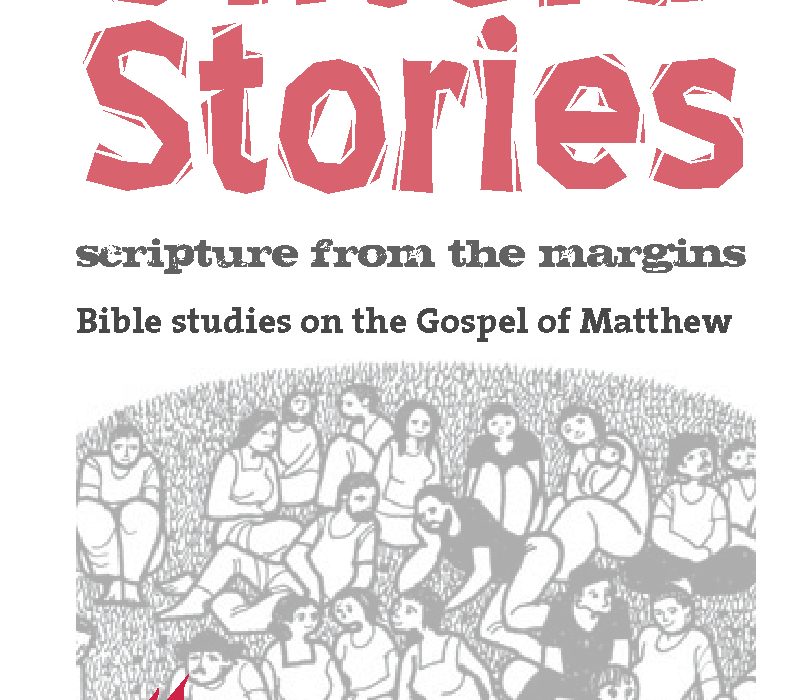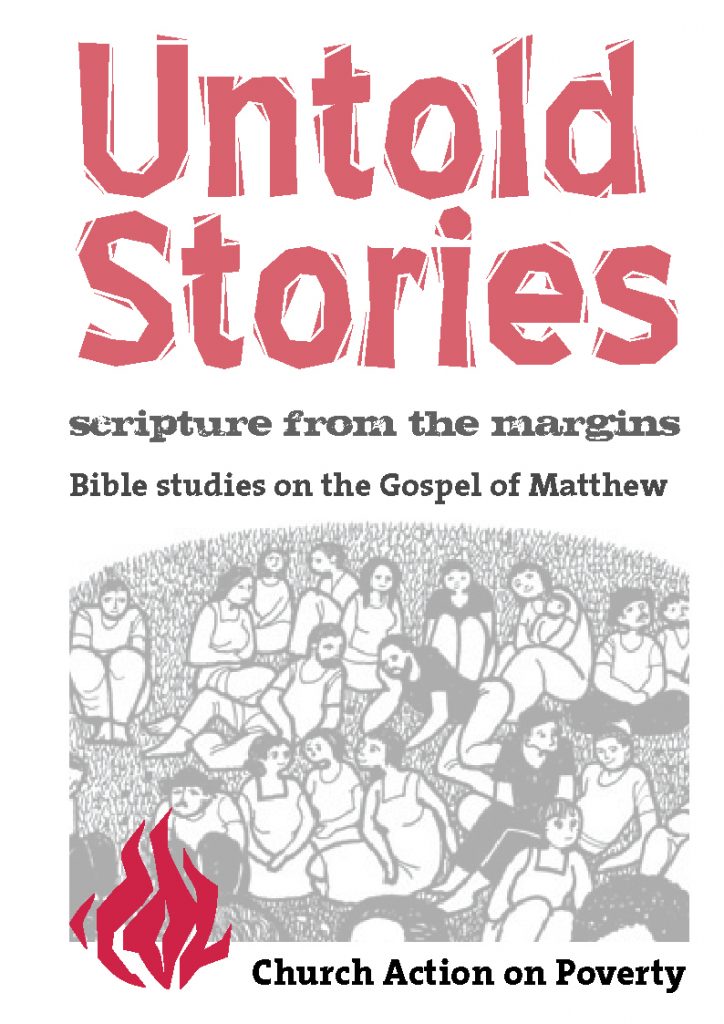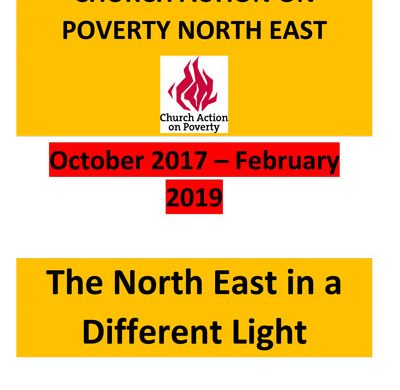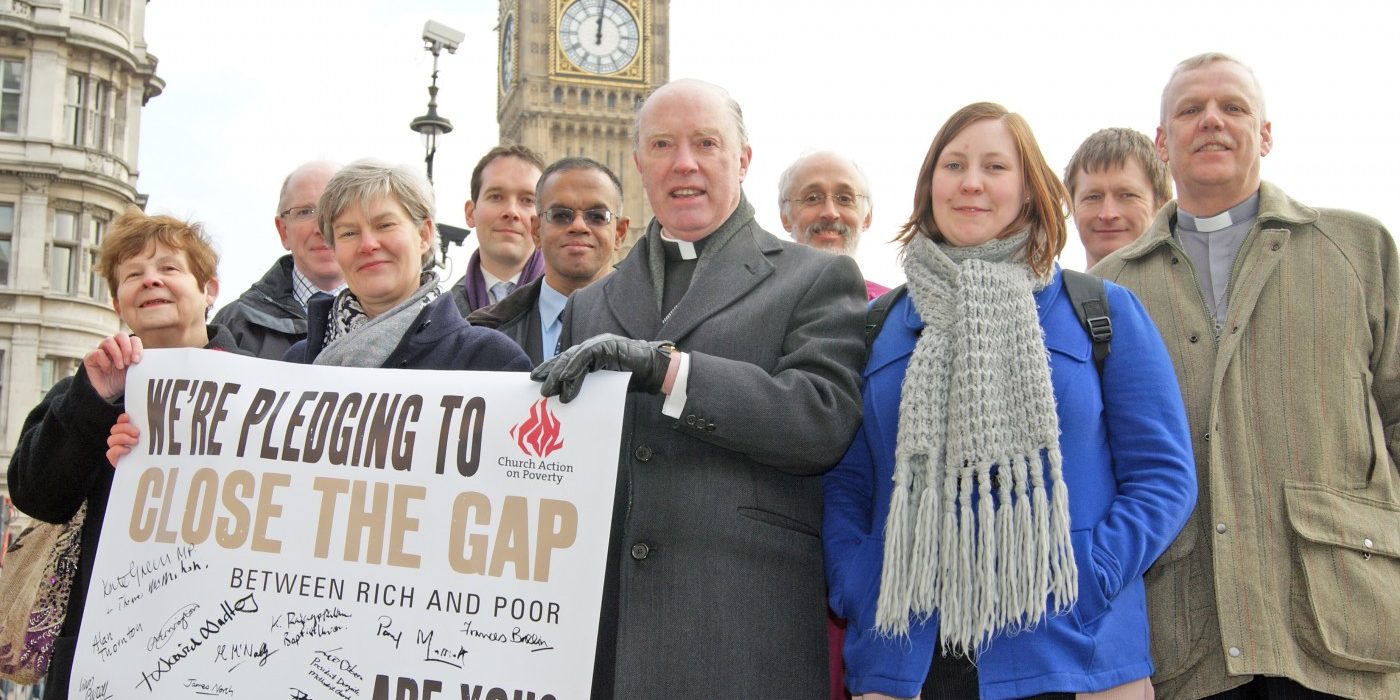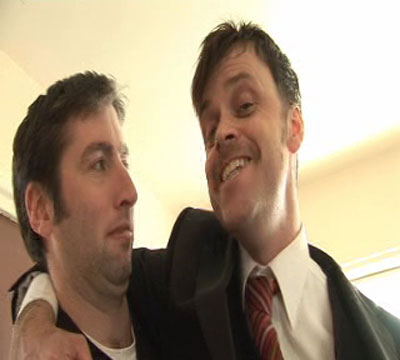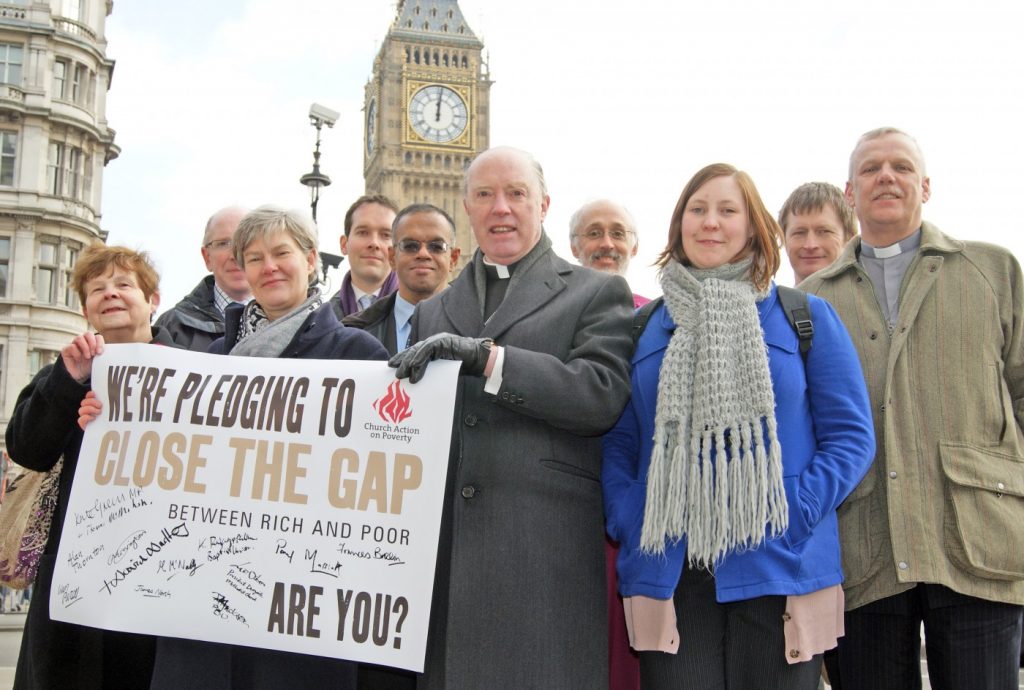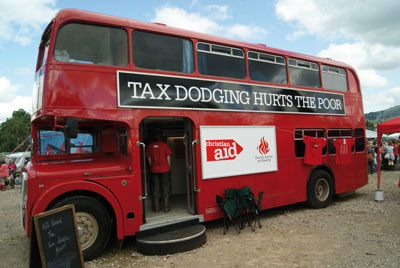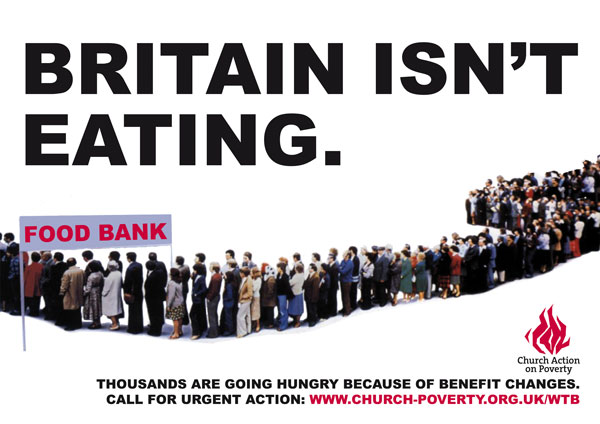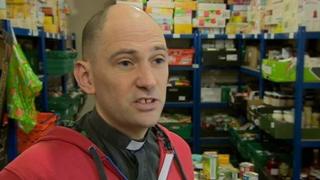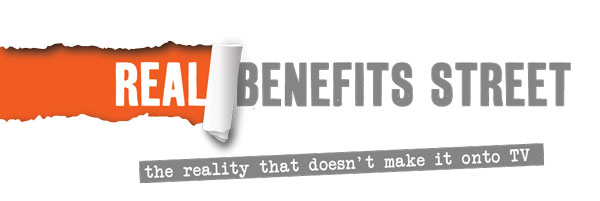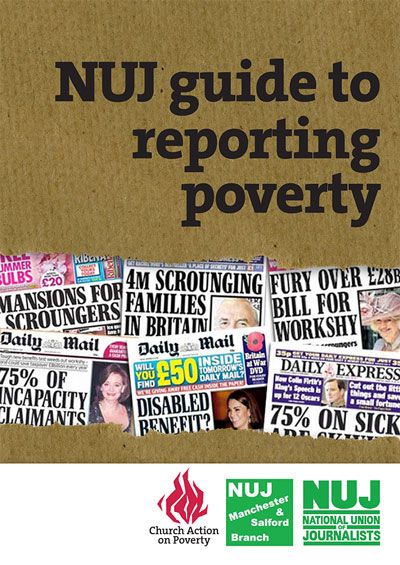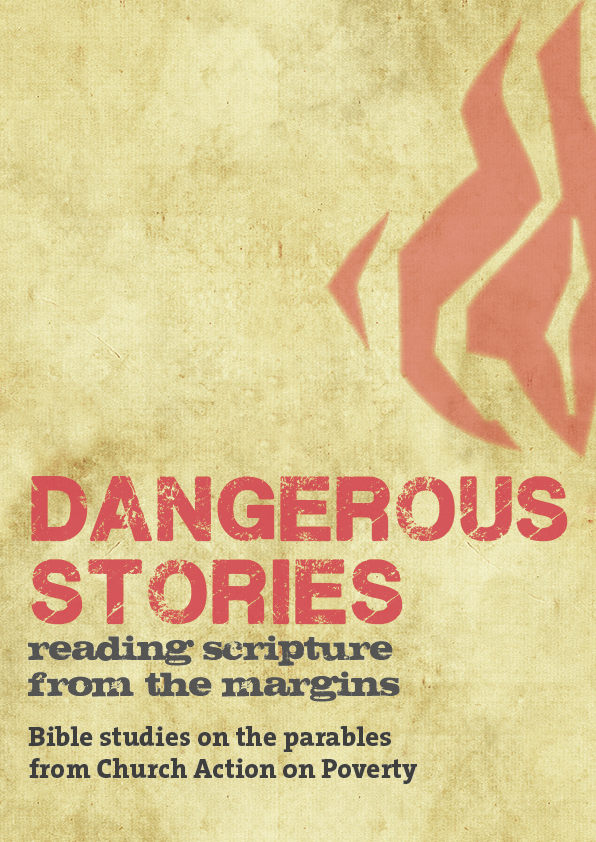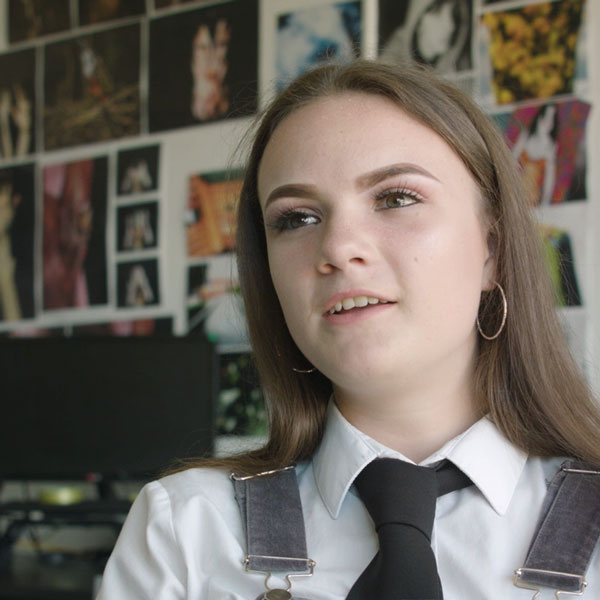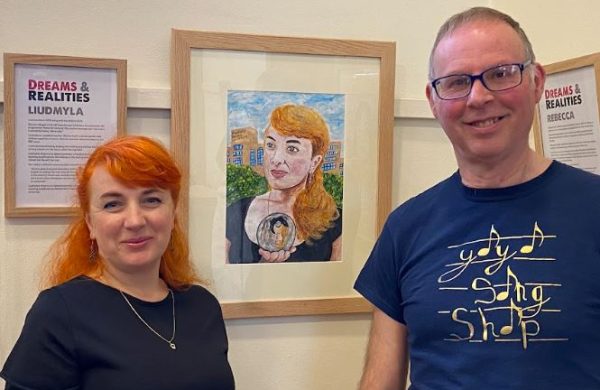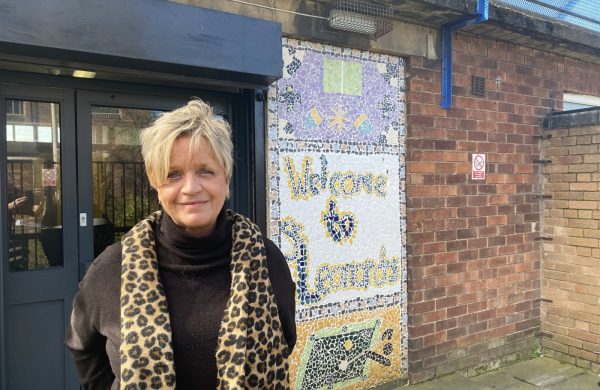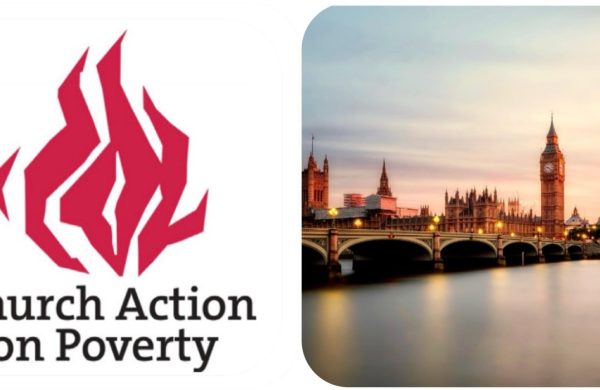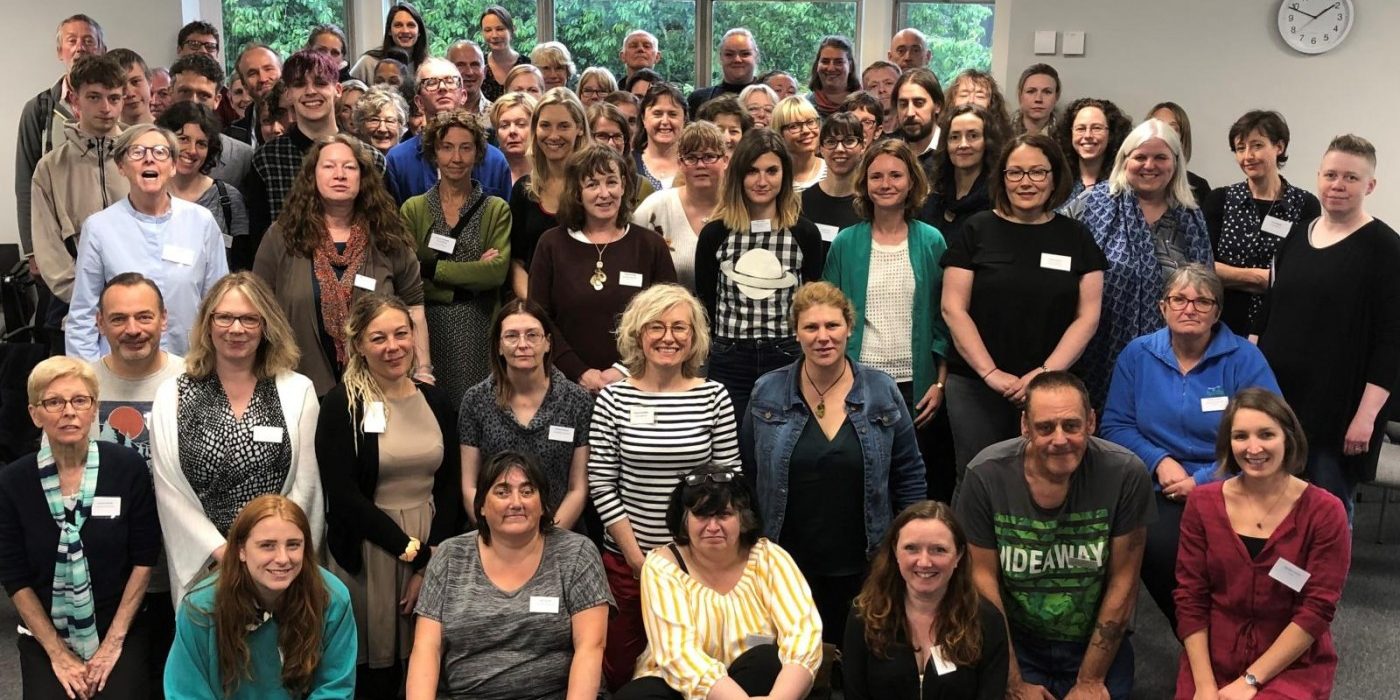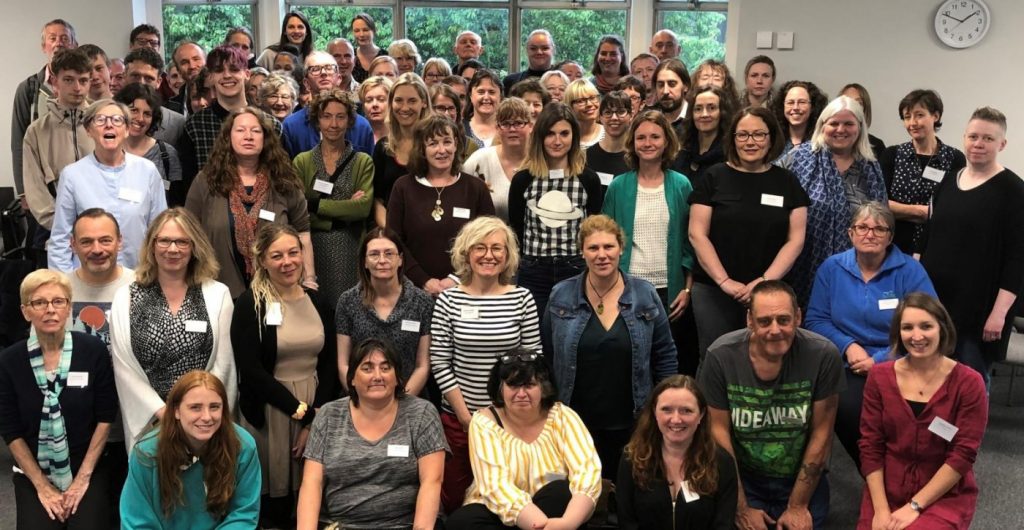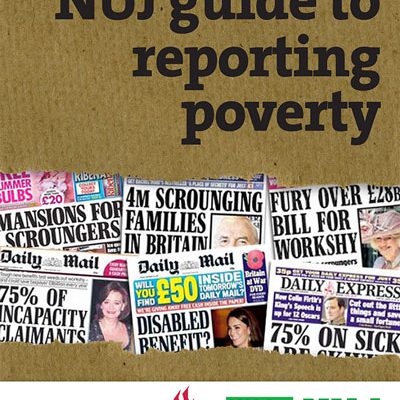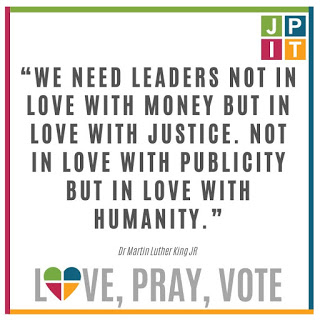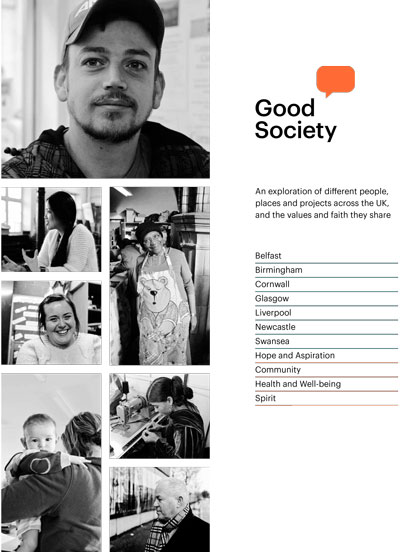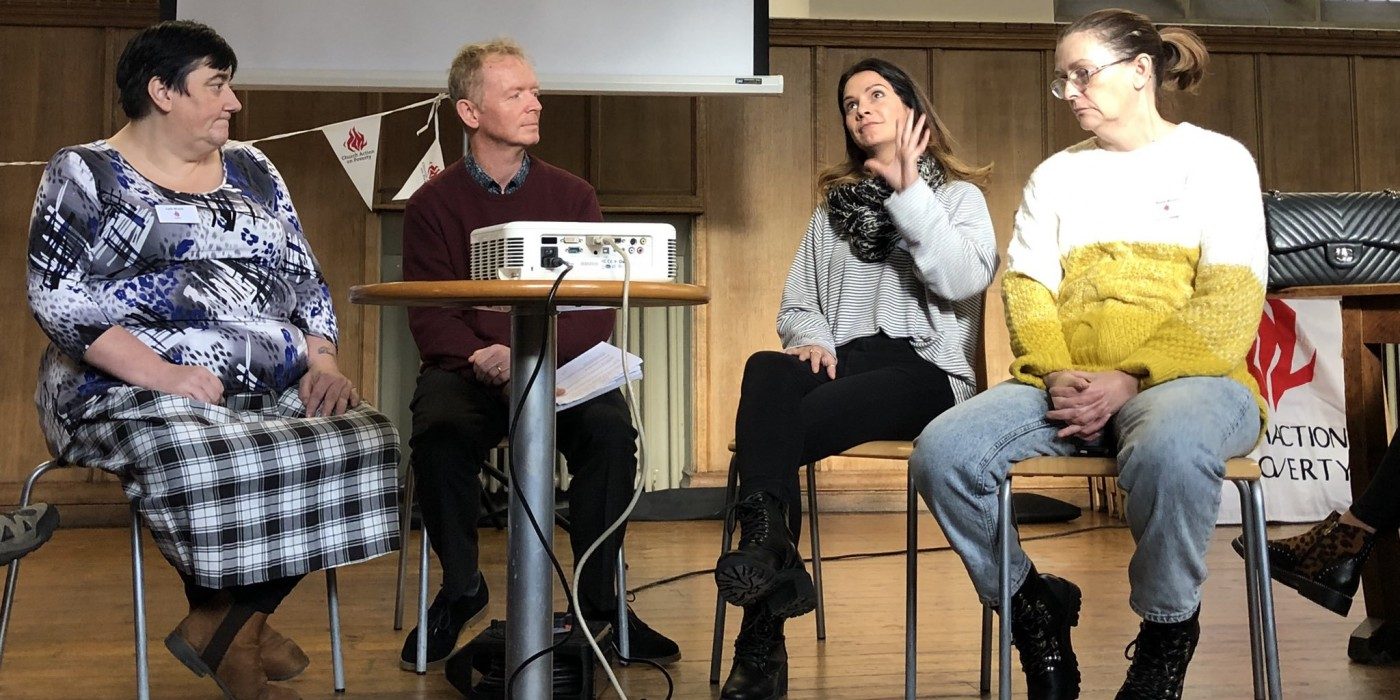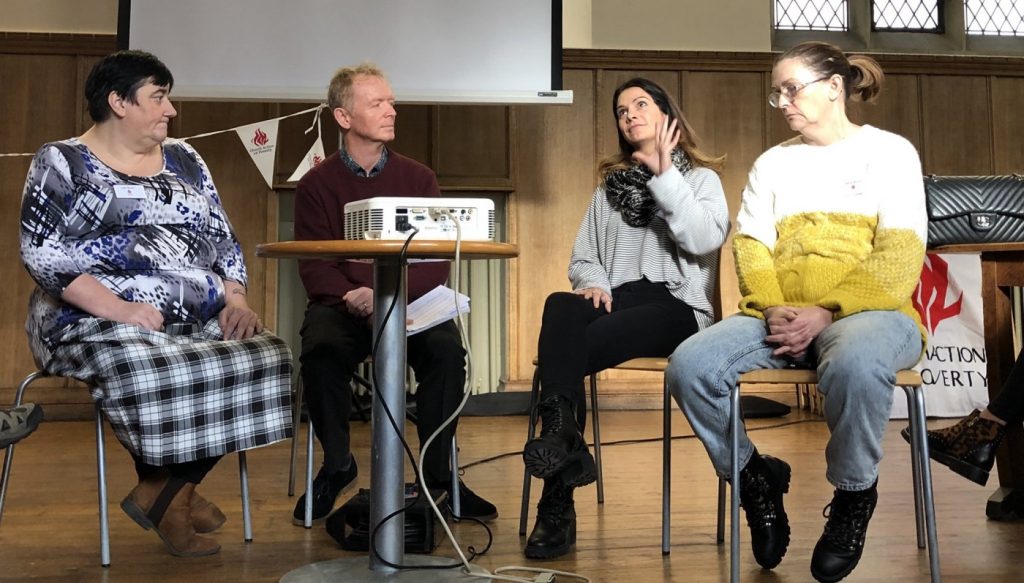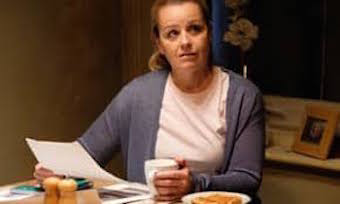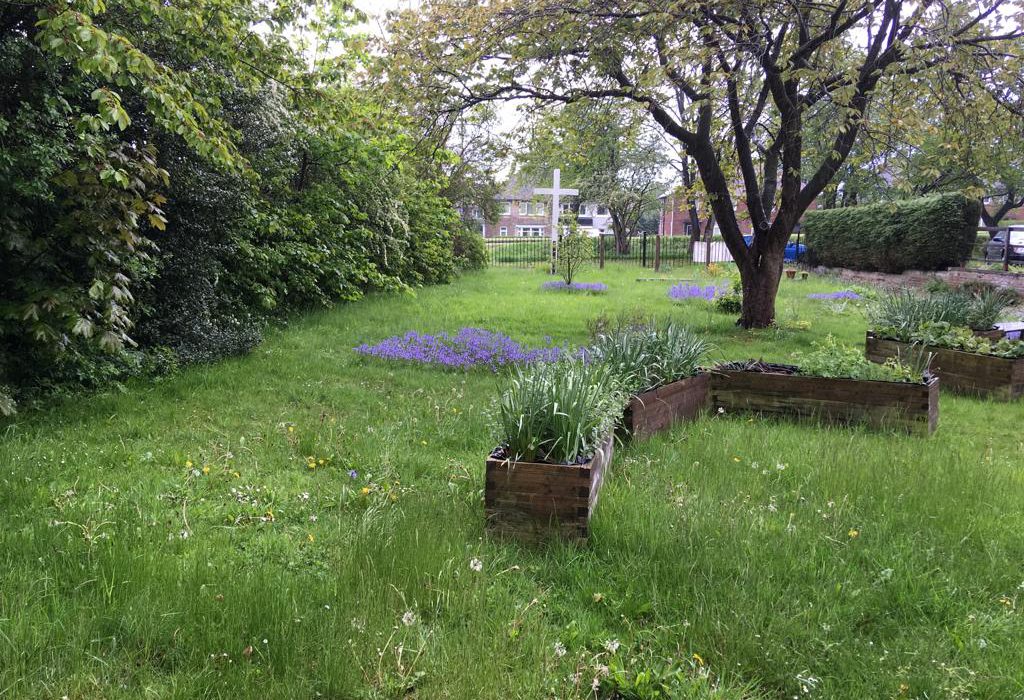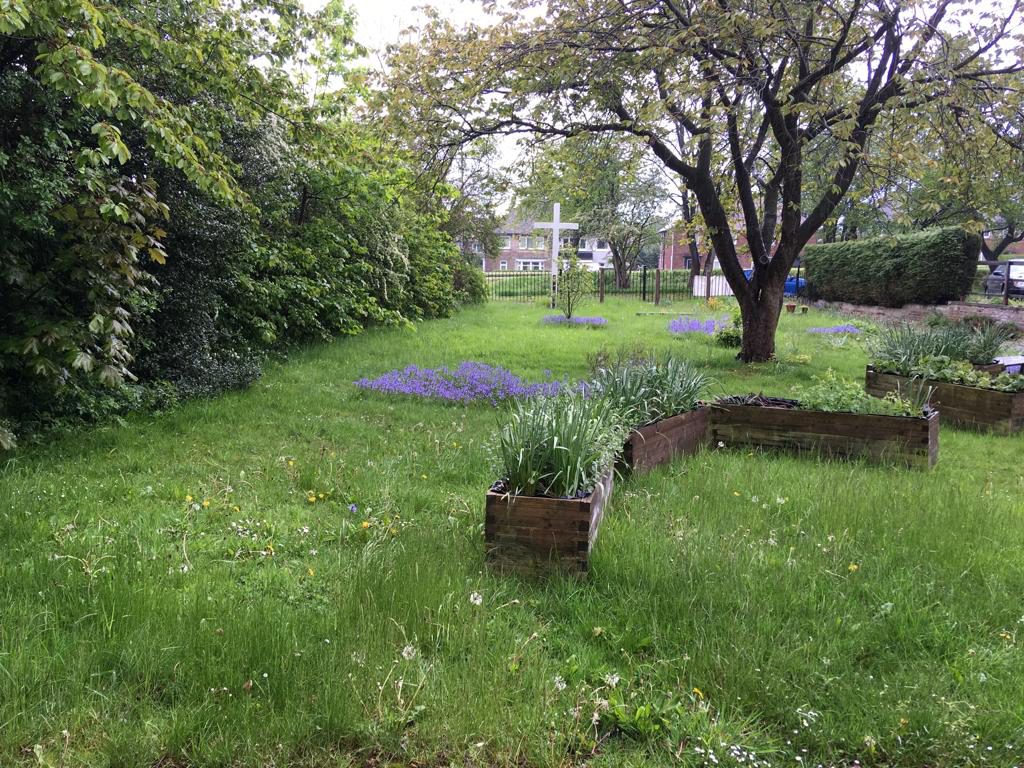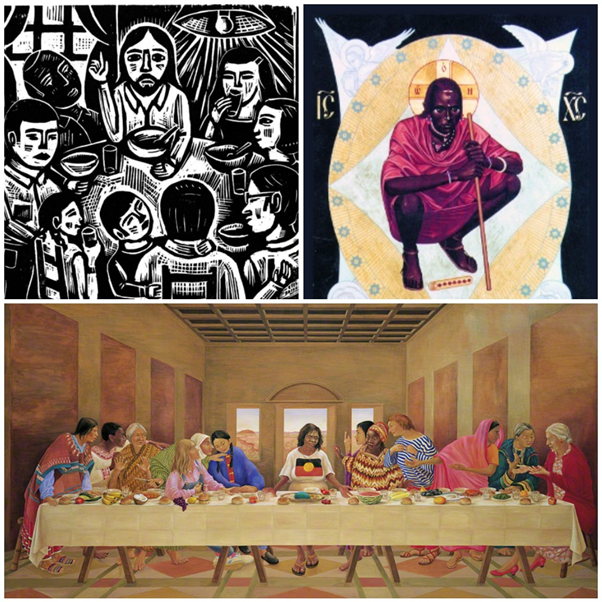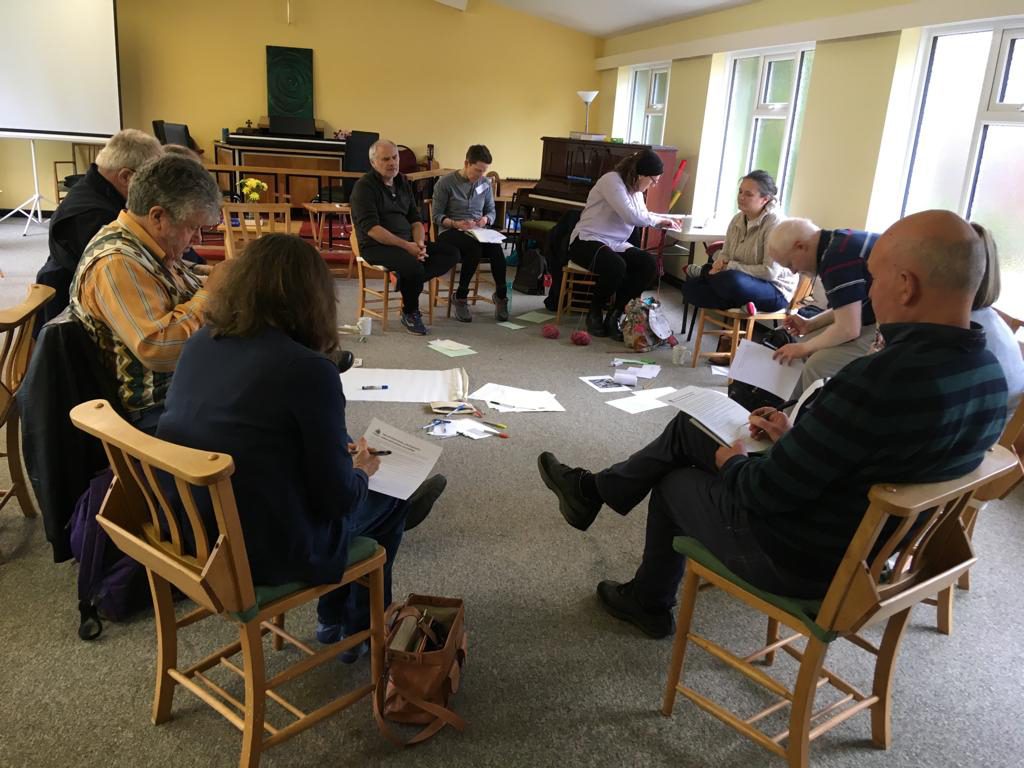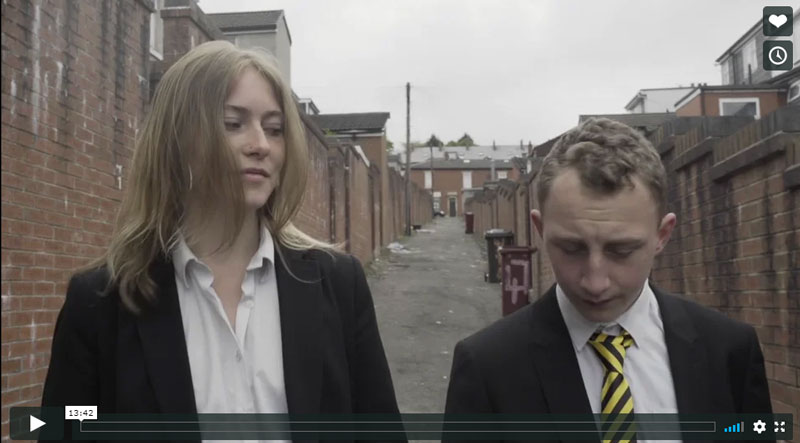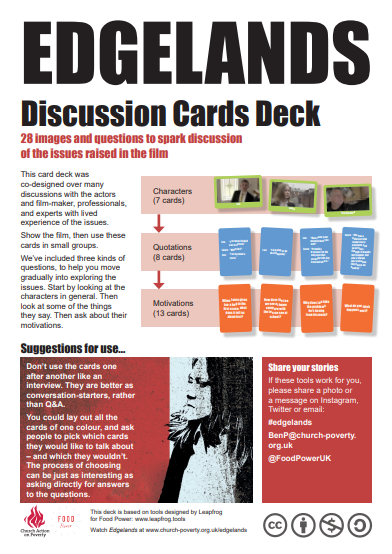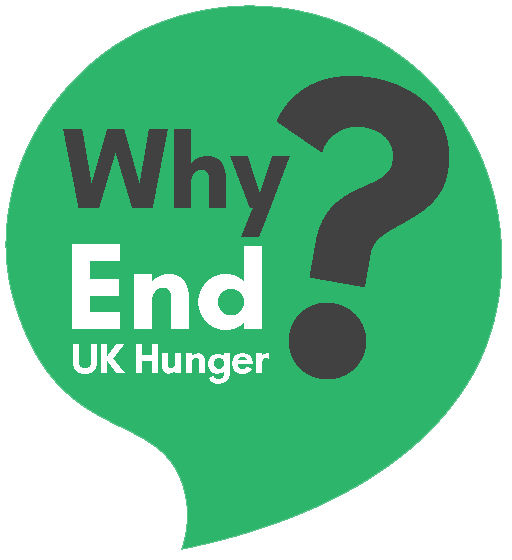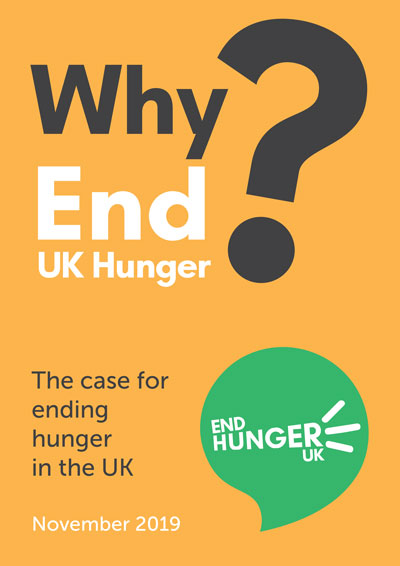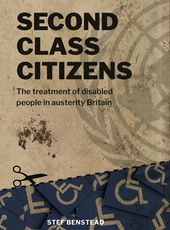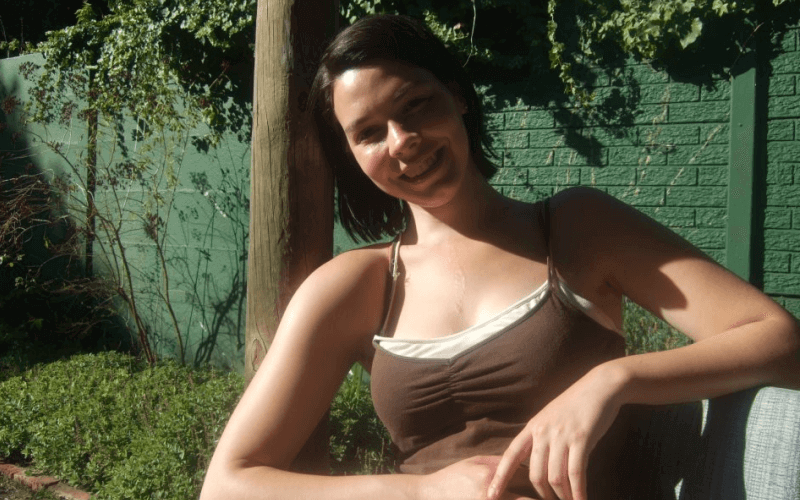The Bible shows us again and again that God is on the side of the poor and the oppressed. People on the margins.
In a thread that runs through all of scripture, God is concerned first and foremost with people who have been excluded from society by poverty, oppression and injustice. Laws like Jubilee in the Old Testament are designed to ensure that no one is left behind and exploited… The prophets stand up constantly against the rich and powerful who would oppress people in poverty… Mary sings of a God who has “brought down the powerful from their thrones, and lifted up the lowly”… Jesus says “Blessed are you who are poor … But woe to you who are rich.”
But too often, when we read scripture in our churches, we forget that perspective. We focus on other aspects of the story, or we become so familiar with the text that we don’t notice the challenging things it has to say to us.
The five Bible studies in Untold Stories focus on the Gospel of Matthew, and highlight different perspectives. We look at Jesus’ teachings and miracles through the eyes of minor characters in the margins of the story. We remind ourselves that the original audiences for Jesus’ teaching, and for the Gospels, were primarily people who were themselves marginalised by poverty, living under military occupation.
The five studies in this resource look at different passages. Most of them also include an ‘unheard voice’ – a piece of creative writing, imagining the perspective of a minor or marginalised character in the story.
We hope that these Bible studies will help you find fresh perspectives on scripture, and challenge you to put your faith into action in the world today.

